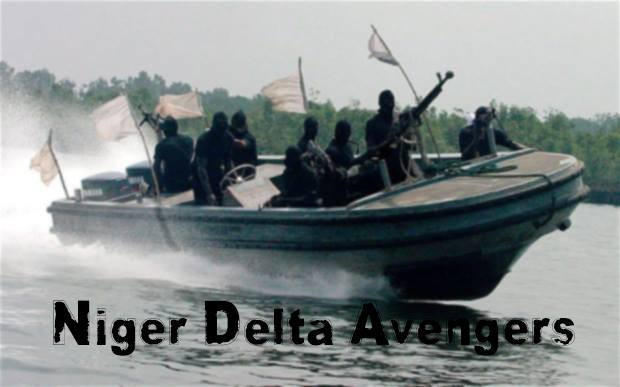Niger Delta: Buhari seeks dialogue with militants accused of sabotaging country
Government previously claimed dialogue with militants was ongoing, but attacks have continued.
The Nigerian government and oil companies in the country are seeking to make contact with leaders of militant groups in the oil-rich Niger Delta area. President Muhammadu Buhari made the announcement as attacks on oil and gas facilities in the area continue to hinder production and contribute to the ongoing deterioration of the country's economy.
"Another serious form of insecurity has reared its head in the Niger Delta. The objective is to colonise the country economically by sabotaging oil and gas installations," Buhari said in a statement, according to news agency Reuters.
"We are trying to speak with their leaders to know how many groups there are."
Buhari's comments came as the Nigerian National Petroleum Corporation (NNPC) said Nigeria's current oil production – 1.6m bpd (barrels per day) – was low, partly due to oil theft and vandalism.
Attacks blamed on the Niger Delta Avengers (NDA) militant group, which emerged earlier this year, have brought Nigeria's oil production to a 30-year low. In September, vice-president Yemi Osinbajo claimed the country now loses over one million barrels of crude oil on a daily basis.
As a result, Nigeria is no longer Africa's biggest oil producer, a title now held by Angola. Earlier this year, South Africa regained the title of Africa's largest economy, a position held by Nigeria for the past two years.
More on Niger Delta's militants
Nigeria's oil and gas production threatened by new militants
NDA urge Buhari to visit communities in south-east as referendum calls grow
In August, the government and militant groups in the volatile Delta agreed on a month-long ceasefire. After repeatedly discrediting government claims that a ceasefire had been reached, the NDA reportedly agreed to a truce in August. However, the group has since resumed attacks.
Birth of militants in Niger Delta
Militant groups in the oil-rich Niger Delta region took hold in the early 2000s following the deterioration of living conditions blamed on the increase of oil-related activities by foreign corporations. Tensions flared up in local communities as some ethnic groups felt they were being exploited and did not benefit from the crude oil on their land.
The repeated oil spills that considerably damaged the environment and hit people's health further deepened communities' frustrations. After being elected in 2015, Buhari extended a 2009 amnesty granted to 30,000 former militants in the area.

© Copyright IBTimes 2025. All rights reserved.






















